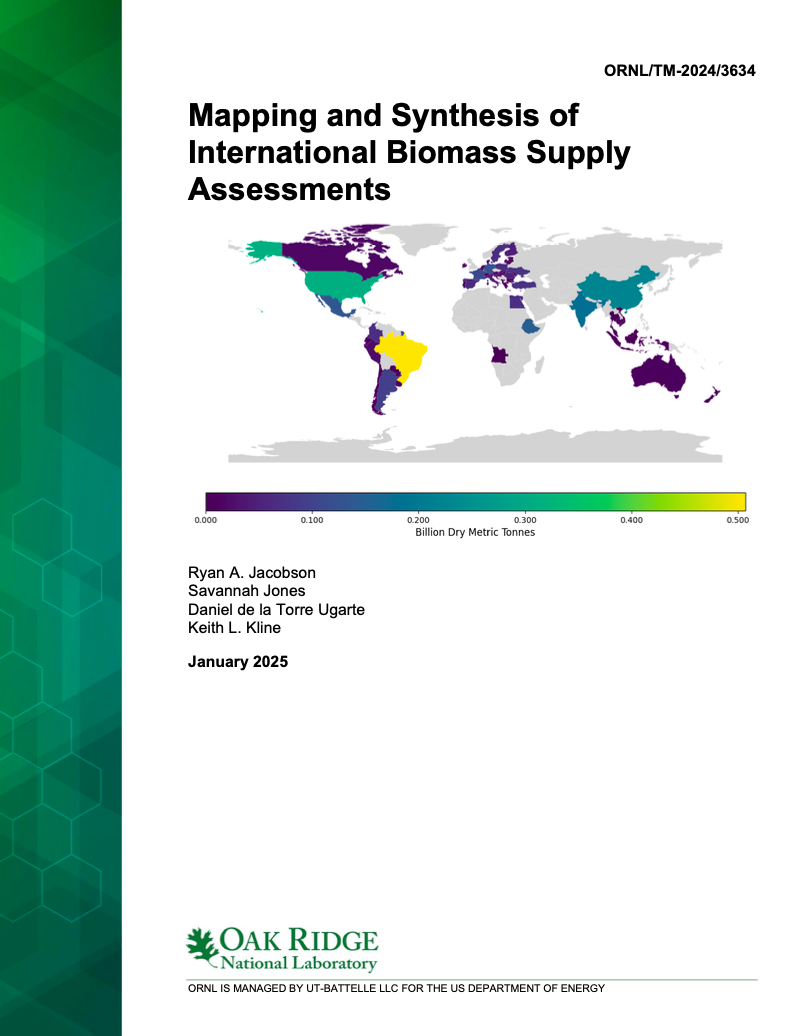Diesel indispensable for a cleaner planet

04-05-2020 | The world is changing rapidly and this may well have a greater impact on our industry than others. The demand for sustainable fuel solutions is increasing and more and more alternative fuels are coming onto the market. But which alternatives offer the most opportunities? What are the possibilities? Today we talk with Bart Somers, associate professor at the Faculty of Mechanical Engineering at Eindhoven University of Technology and active at the Zero Emission Lab. Bart is also board member of the Netherlands Platform Sustainable Biofuels. He believes that internal combustion engines could contribute to achieving our climate targets.
[This is the translated version of an article in the March 2020 edition of "inNOVE" Magazine, published by NOVE. Read it in Dutch here]
The image of diesel is currently at an all-time low, thanks to Volkswagen’s dieselgate scandal. But according to Bart Somers, we will need internal combustion engines if we are to achieve our climate targets. He is conducting research into clean combustion in diesel-like engines at the Zero Emission Lab[1]. He is an independent researcher; in fact, he took an oath to this end when he obtained his doctorate.
Electrification creates uncertainty
If there is a consensus on how to combat climate change, it is that there is no silver bullet. It is therefore unwise to opt for a single solution, as the government currently seems to be doing with its encouragement of electric driving, thinks Bart. “It leads to uncertainty and makes us dependent on other, larger countries, for example for raw materials for batteries. Moreover, electrification demands major investments in infrastructure, while it cannot guarantee that we will meet our targets. Meanwhile, there is a solution for which we already have a very good and proven infrastructure: engines based on liquid and gaseous fuels.”
According to Bart, current diesel engine technology is so advanced and clean that it would be a shame not to use it in addition to the electrical infrastructure. “Modern Euro 6 diesel engines meet the most stringent requirements and their emissions are demonstrably lower than the new legislative standard based on Real Driving Emission (RDE).” Bart is mainly studying applications for lorries and ships, because this is where electrification is most complicated.
Diesel 'cleans'
According to Bart, the choice between diesel and petrol is easily made. “Lorries have diesel engines for a reason; they are simply more efficient than petrol engines.” This also means they are the better option for reducing CO2 emissions. “A recent model study conducted by Denso compared hybrid diesel engines with hybrid petrol engines. The hybrid diesel engine reduced CO2 emissions by about thirty percent, while the hybrid petrol engine achieved a reduction of about twenty percent.” Another study revealed that diesel engines can even make the air cleaner under certain conditions, says Bart. “This applies to the latest generation of diesel engines and at places and times where there is a lot of air pollution, such as in London and Munich and during rush hours.”
Improved self-ignition
Renewable fuels play an important role in reducing CO2 emissions in ‘old’ engines. “The aim is to achieve the lowest possible emissions in older vehicles as well. The next step is then to make engines even cleaner than they already are. Here advances can be made by using fuels that naturally produce ultra-low particle emissions. This could help us achieve zero emissions, or at least emissions that are so low that they are nearly impossible to measure.” And that is exactly what Bart is investigating with his research. He is looking into how to improve self-ignition to make ultra-clean engines. So far things are looking good. “We have found combinations of fuel and self-ignition where the emissions of particulate are too low to measure with some devices, i.e. near-zero emissions. We are now looking for ways to reduce the NOx emissions even further.” Once Bart has achieved this he will set up a demonstrator project. “If this is successful, it will be up to a commercial party to adopt and implement the application in vehicles, and that is where this research could really make a difference.”
Cooperation important
This is also why it is very important that parties in the sector work together, and why companies like DAF are also involved in research into clean diesel engines. “Those engines will soon have to be suitable for all existing fuels on the market, and potential new fuels as well. This is why we are keeping a close eye on developments and also cooperating with developers of biofuels. We are working with them to study which alternative fuels could make a real difference. We expect to develop e-fuels in the very long term. These will be much the same as the current biofuels (methanol/ethanol, methane, DME, OME). We will also look at the potential of advanced biofuels that do not have an e-fuel equivalent, such as HVO and Fame. For my work, I also attend various network meetings and I am on the board of the Platform for Sustainable Biofuels, where I share my own knowledge, but above all acquire new knowledge.” More information about this research can be found here. https://www.tue.nl/en/research/research-groups/somers/.
Notes
[1] ZERO EMISSION LAB is a research laboratory at Eindhoven University of Technology in which the Province of Noord-Brabant, DAF, TNO, Shell and the University all cooperate. The research focuses on the development of clean combustion technologies in diesel-like engines, with special attention for advanced sustainable biofuels and e-fuels.
Recente artikelen
Oak Ridge National Laboratory: Mapping and Synthesis of International Biomass Supply Assessment | 2025


